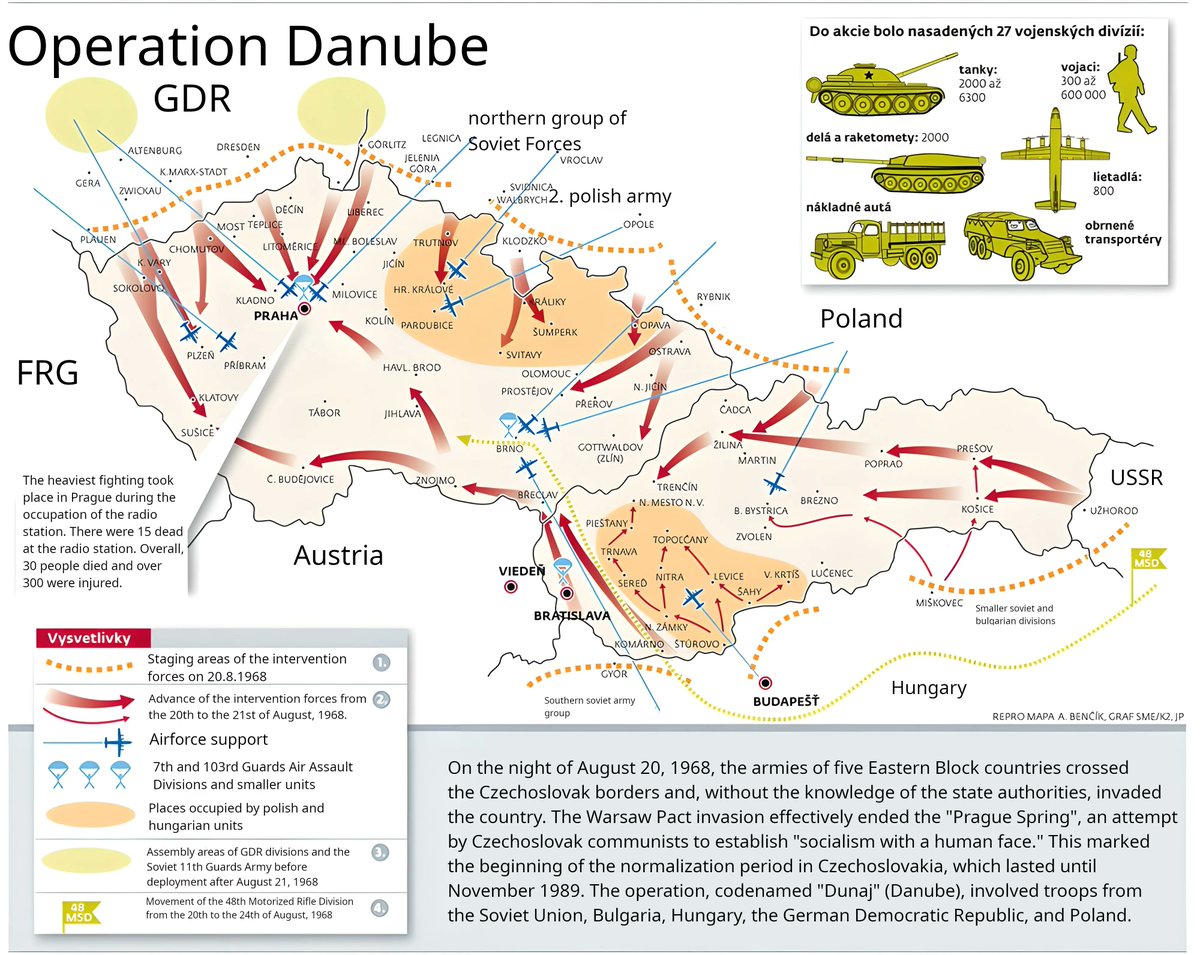There is a common argument that due process belongs only to citizens
Citizens deserve it, non citizens don’t
And, therefore, can be dealt with extrajudicially
That is a perfectly logical, internally consistent position
Now let’s think through its implications
Citizens deserve it, non citizens don’t
And, therefore, can be dealt with extrajudicially
That is a perfectly logical, internally consistent position
Now let’s think through its implications
IF citizens have the due process, and non-citizens don’t
THEN we have two parallel systems of justice
One slow, cumbersome, subject to open discussion and to appeal (due process)
Another swift, expedient, and subject neither to a discussion nor to an appeal (extrajudicial)
THEN we have two parallel systems of justice
One slow, cumbersome, subject to open discussion and to appeal (due process)
Another swift, expedient, and subject neither to a discussion nor to an appeal (extrajudicial)
And the second one already encompasses tens of millions of non citizens living in the United States, legal and illegal, residents or not.
Now the question would be:
Which system is more convenient for those in power?
Well, the answer is obvious
Now the question would be:
Which system is more convenient for those in power?
Well, the answer is obvious
Quite naturally, the state will love extrajudicial processes, that allow them to deal with their political opponents fast and with little fuzz
So, again, you will be having two systems simultaneously
One those in power hate (due process), and another they love (extrajudicial)
So, again, you will be having two systems simultaneously
One those in power hate (due process), and another they love (extrajudicial)
What does that mean in practice:
That means that at every possible occasion, and under every possible pretext, the space of due process will shrink, and the space of the extrajudicial process will be expanded
Bit by a bit
That means that at every possible occasion, and under every possible pretext, the space of due process will shrink, and the space of the extrajudicial process will be expanded
Bit by a bit
There will be new pretexts, new “emergencies”, and new procedural loopholes, to expand the space of extrajudicial
So, in a few iterations you will be having an ocean of the extrajudicial with some islands of the due process in between
Totally normal and happens all the time
So, in a few iterations you will be having an ocean of the extrajudicial with some islands of the due process in between
Totally normal and happens all the time
In fact, extrajudicial processes are typically being limited at first - to the lowly, undesirable and dissident groups - and only then, very gradually, being extended up the social ladder, up to the very elites.
So, the space of extrajudicial proceedings below presents a mortal danger for the due process high above - if not immediately - than within just a few iterations.
Which is the main - or perhaps the only reason - why some countries have due process in the first place.
Which is the main - or perhaps the only reason - why some countries have due process in the first place.
It is not that social elites just decide to extend the due process onto everyone out of grace
It is that elites want to extend it on themselves, so that they could not be killed, jailed or exiled extrajudicially, just out of political expediency
(as it normally happens)
It is that elites want to extend it on themselves, so that they could not be killed, jailed or exiled extrajudicially, just out of political expediency
(as it normally happens)
And once they do, it turns out that keeping two systems of justice at once is becoming impossible
One of them will eventually devour the second
kamilkazani.substack.com/p/on-the-due-p…
One of them will eventually devour the second
kamilkazani.substack.com/p/on-the-due-p…
• • •
Missing some Tweet in this thread? You can try to
force a refresh














